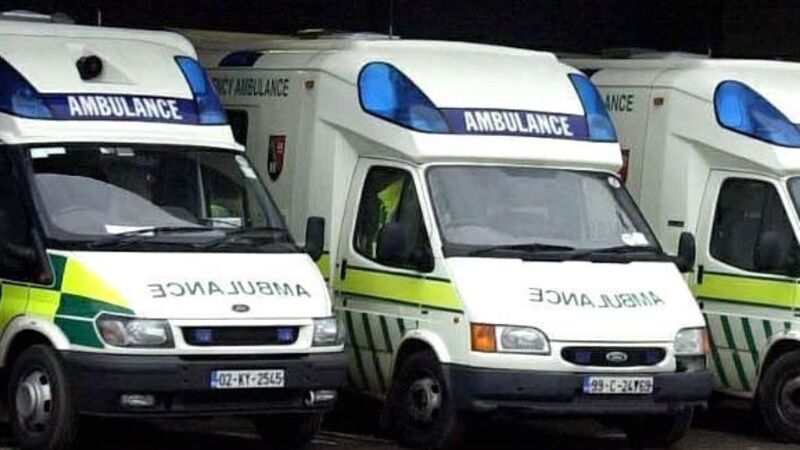Time to appreciate the real heroes who rush to our rescue

If we’re forced into a situation where we have no choice but to meet them, and if, in that scenario, they arrive a little late, the tardiness of the arrival of these people we didn’t want to encounter in the first place reduces us to terror and outrage in equal amounts. When they arrive, we tolerate them but regard them as stand-ins rather than the real thing, assuming we’re in a condition to regard them as anything. When we part from them, typically within an hour of the first greeting, we forget them so totally that, in the majority of cases, if they were lined up a month later in one of those police parades, we wouldn’t know them from Adam.
If someone wants to put up an award for the Least Appreciated Professionals in Irish Life, first time around, that award has to go to the men and women of our national ambulance service.















